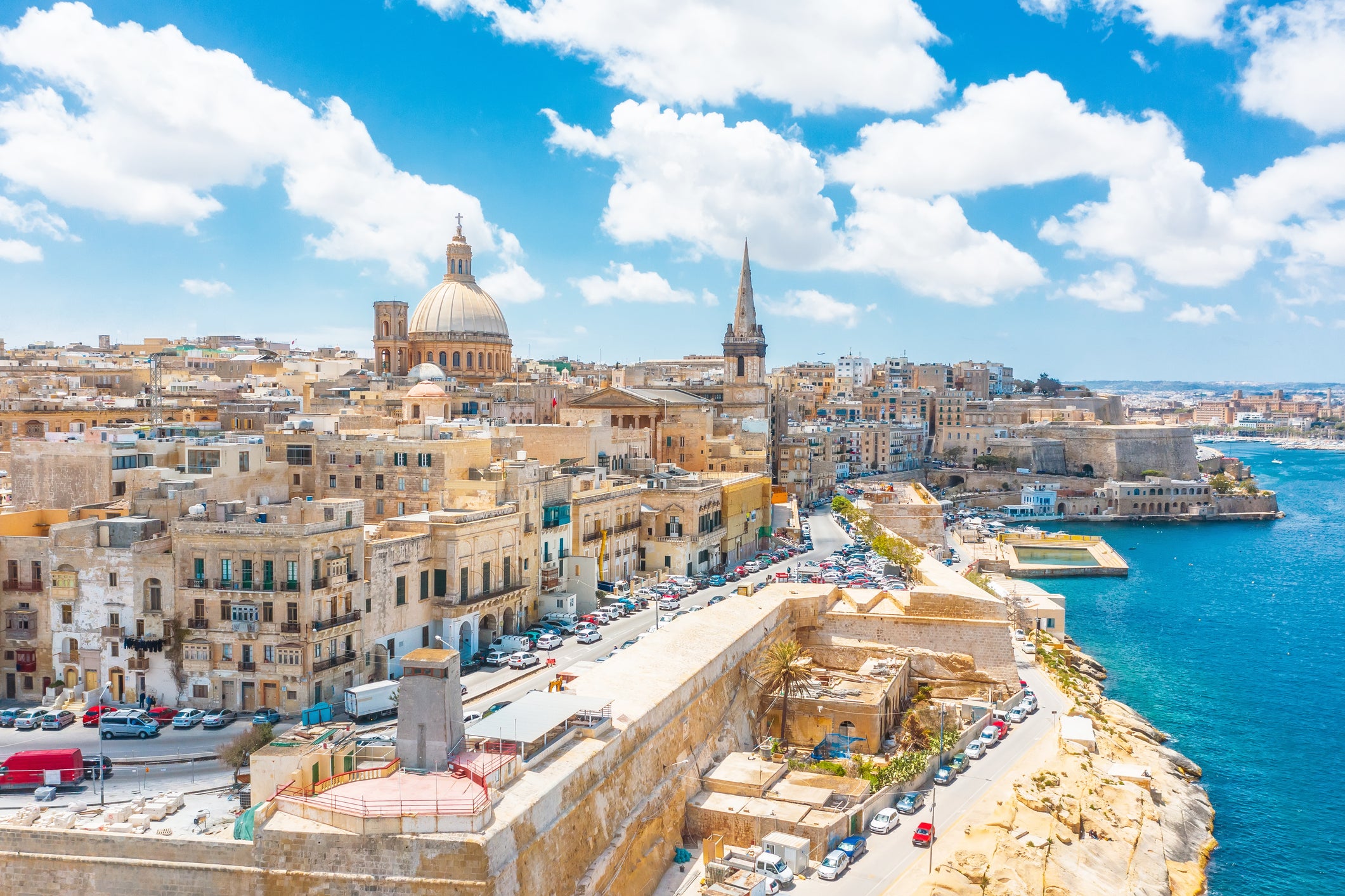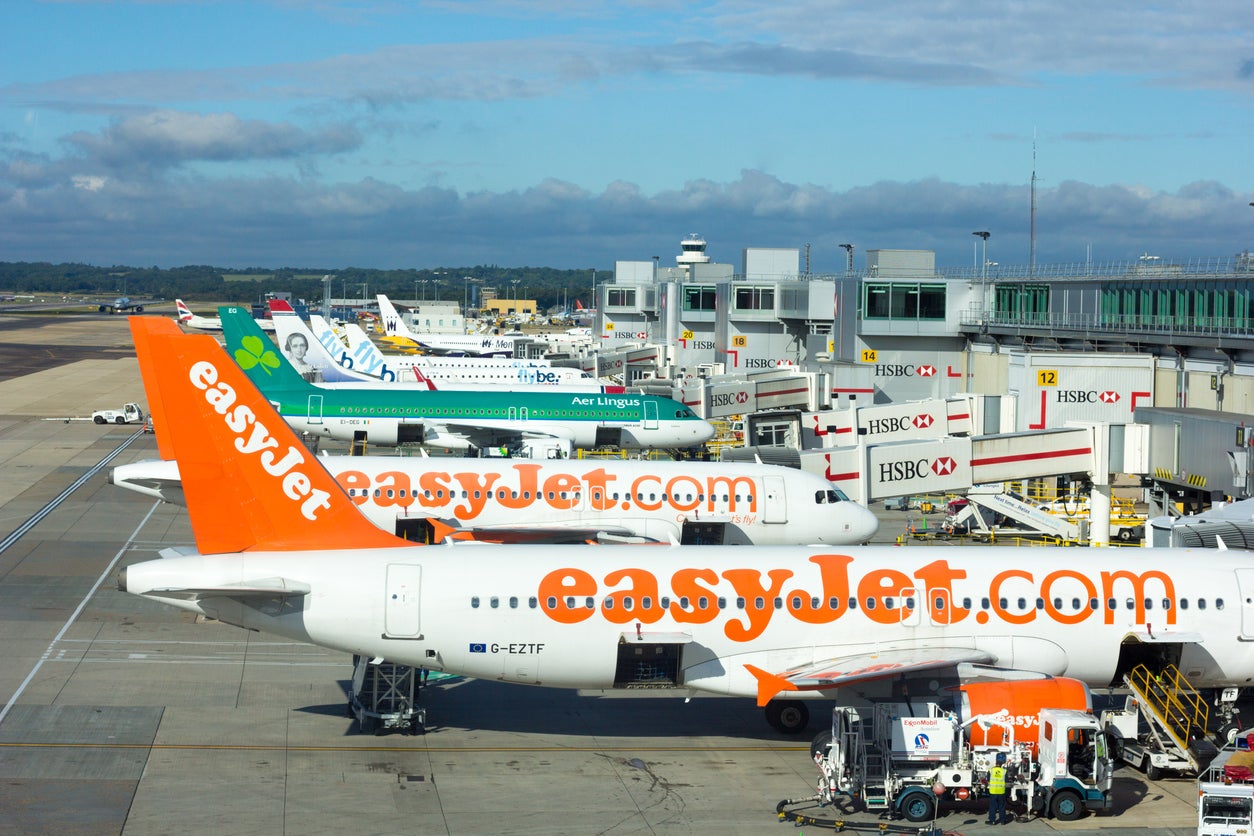Are tourists considered fully vaccinated if flying home two weeks after a second jab?
Simon Calder answers your questions on quarantine rules, visiting the continent and pre-departure tests


Q My son will receive his second NHS Covid vaccine on 17 August. Will he be considered fully vaccinated on 31 August when we would be flying back?
Claire M
A This is relevant only if you will be flying back from an amber country, so I presume that is the plan. As from 19 July, anyone who has been fully vaccinated by the NHS need not self-isolate on return from an “amber list” country (unless it is France, which has been placed in a special amber plus category from which mandatory quarantine continues). So there is a great deal to be said for being fully vaccinated when on arrival.
Which leads to your important question: what’s the definition of “fully vaccinated”? The government says: “You must have had your final dose of the vaccine at least 14 whole days before the date you arrive in England.” But before you get your hopes up, note that is whole days.
To emphasise the point, the government says: “The day you have your final dose of the vaccine does not count as one of the 14 days.”
So he would miss the criteria by a matter of hours, unless the flight on 31 August touches down after midnight on 1 September. I have two possible solutions, of which I much prefer the first: get the second jab at least a day earlier. Some vaccination centres and community pharmacies are being flexible about this because of the significant number of no-shows for vaccination appointments.
If that doesn’t work, then I recommend booking a later flight home from wherever you happen to be. Anything that lands at any time on 1 September will do. Agreed, the extra air fare will be an annoying expense, unless you are travelling with an airline that allows free changes. Remember the alternative is to pay for a second, “day eight” PCR after arrival in the UK, which will typically add £50 or more to the cost. But do try plan A first.

Q I’m off to France tomorrow. Because the country was placed on the amber plus list last Friday, I will then travel on to Malta to enjoy 10 days of sun and fun in a green-list nation. But what are the chances of Malta suddenly going from green to amber, amber plus or even worse red? And what travel highlights can you offer me to see in Malta?
David G
A Laundering your amber-plus status from France sounds a very good idea. It is ludicrous that you should have to, because all the information I have seen suggests that creating a completely new category for our second-favourite country, requiring self-isolation even for travellers fully vaccinated by the NHS, was an arbitrary and flawed decision. I understand that the Department for Transport is privately furious with the health department for coming up with this novel notion at 8pm on a Friday night.
Anyway, we are where we are – or at least you are where you are. As has been shown over the past 16 months, many government decisions on international travel do not appear to be rooted in rationality, so nothing can be ruled out. Malta is seeing a rise in infections and could be a candidate for downgrading in early August – but that would probably not take effect until around 9 August, by which stage you will be free of your amber-plus contamination. In any event, if you have been double-jabbed in the UK and Malta goes amber, you will not need to quarantine on return home.
Meanwhile, you have much to enjoy in your Mediterranean nation. Every wave of civilisation has left its mark on the Maltese islands, creating a mosaic of cultures and colours.
Spend at least 48 hours exploring Valletta, the fabulous capital. Make sure you across the Grand Harbour to Cospicua, between Vittoriosa and Senglea – together comprising the atmospheric Three Cities. Malta is an open-air society, and its liveliest outdoor market is Marsaxlokk, in the southeast of the island. Inland, Mdina is a beautiful and tranquil walled city.
The neighbouring island of Gozo is well worth visiting; the ferry from the north of Malta takes around an hour. Close to the ferry port of Mgarr on Gozo, the amazing Ggantija temple complex is the oldest free-standing monumental building in Europe – and a Unesco world heritage site.

Q I need to pay the balance for a trip to Italy, which is happening the first week of August. When are we likely to find out whether or not Italy will extend its five-day quarantine rule for UK travellers beyond its current date of 30 July?
Name supplied
A Like many countries, Italy is watching Covid infection rates in the UK with alarm. Since 21 June, anyone arriving in Italy who has been in the UK in the previous two weeks must present a test taken in the 48 hours preceding entry. This can be a cheap and swift lateral flow test but must be privately obtained; you cannot use an NHS test.
The arrival must also self-isolate for five days, at the end of which they take another test and leave quarantine if it is negative. (Children under six need not test but must self-isolate.) Oddly, “travellers transiting Italy in a private vehicle for less than 36 hours” need not quarantine, according to the Italian embassy in London.
The rule is due to expire, as you say, on 30 July but of course it could be extended. Typically, Italy make changes around three days in advance, so you will not know what its policy will be for UK arrivals from 31 July for a week or so.
Regardless of what is decided, assuming you have booked a package holiday then I urge you to pay the balance if you can afford to do so. There is a significant possibility that your trip will go ahead as normal, in which case you should have a happy and safe holiday. But if you would be expected to quarantine on arrival, the trip would have to be cancelled. If that happens, you can expect a full refund of the whole cost of the holiday within two weeks.
It may sound counter-intuitive to pay out more money to guarantee either a holiday or your money back, but that is the way the system works. Deciding not to pay the balance would mean you lose the deposit.

Q Is there any chance that the requirement for a pre-departure test before flights back to the UK will be withdrawn this year? I am looking to travel in September onwards.
AC
A Last Friday evening I was preparing to travel to France. I was about to begin the onerous and expensive business of sorting out tests: one to get me into France and the same one (because it was a short break) to fulfil the requirement for a pre-departure test before returning to the UK; and the pre-booked, post-arrival PCR test.
In the end it was all irrelevant because of the government’s bizarre late-night decision to create a new category, “amber plus,” requiring quarantine from France. So instead I travelled to Ireland on Monday, the day the republic opened to visitors who have been doubly vaccinated.
I mention this because it was a joy to travel from A to B and back again without having to procure and pay for tests; the only bureaucracy involved was a simple passenger locator form for Ireland, in which no one showed any interest.
But Ireland is the only foreign country in the world from which tests are not necessary when travelling to the UK. Even from low-risk green-list locations, arriving travellers must test before travel to the UK and pay for a PCR test on the day they get back, or one of the two following days. Typically those tests cost £100 per person.
On Tuesday the easyJet chief executive, Johan Lundgren, said: “Green should be green … There should not need to be any restrictions in place.” But I fear his appeal will fall on deaf ears. I think the pre-departure test before travel to the UK will be about the last one to go. Even though the government for many months last year maintained such a test was completely pointless, its tune seems to have changed completely.
Test-to-fly has the added advantage of (hopefully) identifying people who are infectious and therefore preventing them from boarding a flight. The “Day 2 PCR test” is an expensive waste for almost everyone, especially fully vaccinated individuals. It will go first, I reckon. Good riddance.
Good luck.
Email your questions to s@hols.tv or tweet @simoncalder
Join our commenting forum
Join thought-provoking conversations, follow other Independent readers and see their replies
Comments
Bookmark popover
Removed from bookmarks